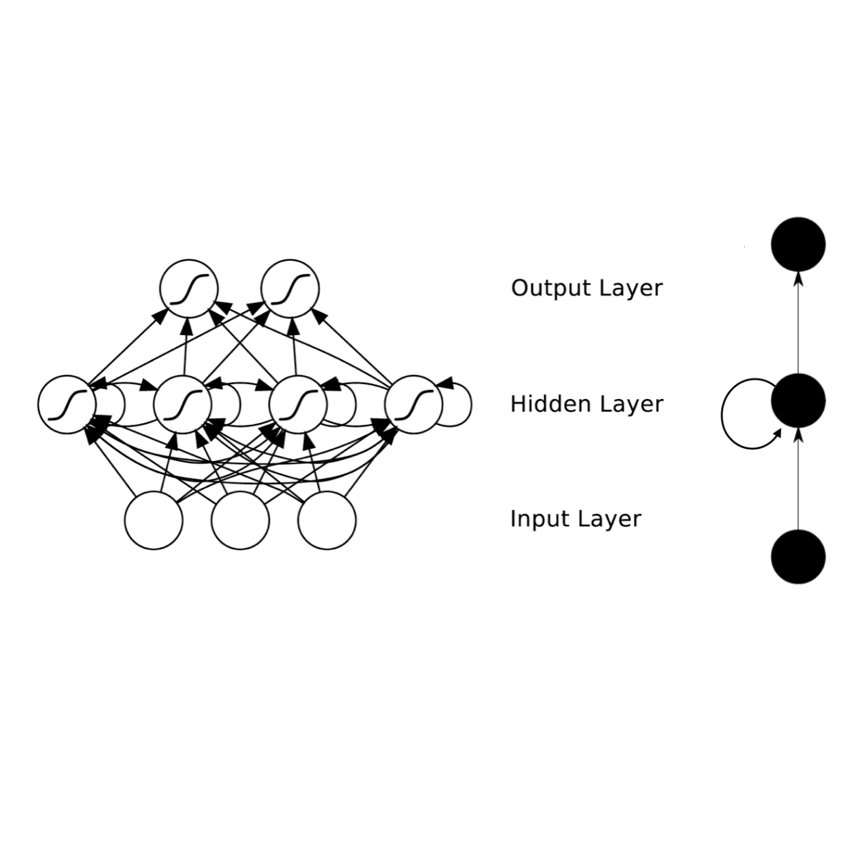Understanding customer sentiments is of paramount importance in marketing strategies today. Not only will it give companies an insight as to how customers perceive their products and/or services, but it will also give them an idea on how to improve their offers. This paper attempts to understand the correlation of different variables in customer reviews on a women clothing e-commerce, and to classify each review whether it recommends the reviewed product or not and whether it consists of positive, negative, or neutral sentiment. To achieve these goals, we employed univariate and multivariate analyses on dataset features except for review titles and review texts, and we implemented a bidirectional recurrent neural network (RNN) with long-short term memory unit (LSTM) for recommendation and sentiment classification. Results have shown that a recommendation is a strong indicator of a positive sentiment score, and vice-versa. On the other hand, ratings in product reviews are fuzzy indicators of sentiment scores. We also found out that the bidirectional LSTM was able to reach an F1-score of 0.88 for recommendation classification, and 0.93 for sentiment classification.
翻译:在今天的营销战略中,了解客户的情绪至关重要,不仅让公司深入了解客户如何看待其产品和(或)服务,而且还让公司了解如何改进他们的报价。本文试图了解关于女性服装电子商务的客户审查中不同变量的相互关系,对每次审查都进行分类,是否建议审查的产品,是否包括正面、负面或中性的情绪。为了实现这些目标,我们除了审查标题和审查文本外,对数据集特征进行了单向和多变量分析,我们还建立了一个双向经常性神经网络(RNN),有长期短期内存单位(LSTM),用于建议和情绪分类。结果显示,一项建议有力地表明,人们的情绪得分是积极的,反之亦然。另一方面,产品审查中的评级是情绪分数的模糊指标。我们还发现,双向LSTM能够达到建议分类的F1分数为0.88,情绪分类为0.93。





